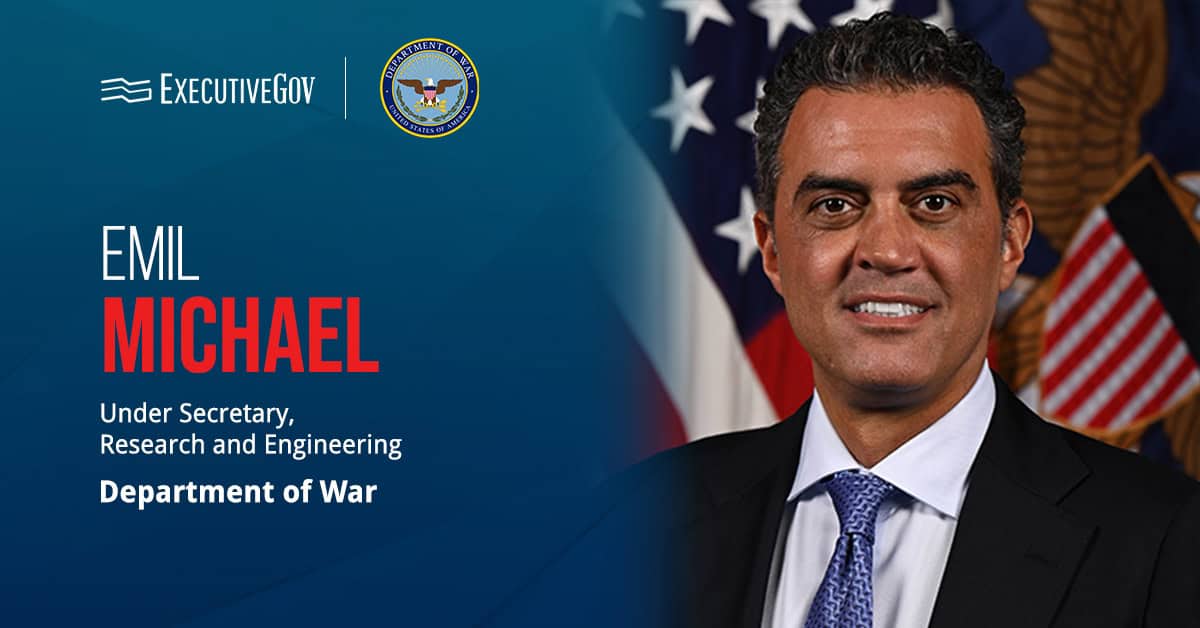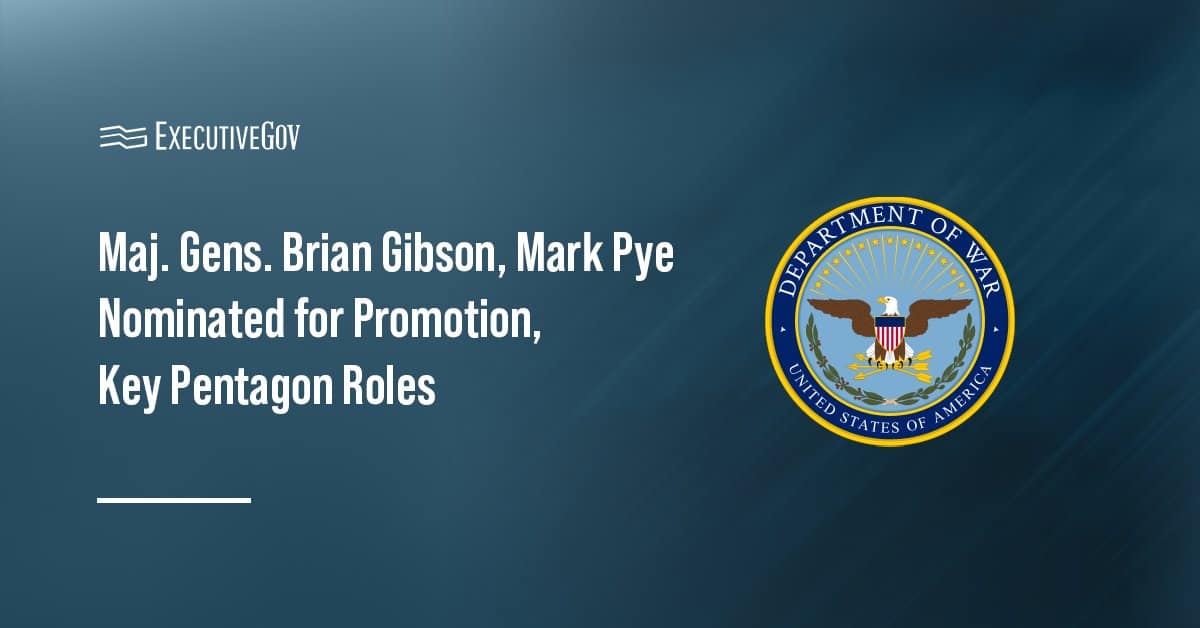The National Security Agency talked about its efforts to bolster 5G security, as part of the nearly concluded National Cybersecurity Awareness Month.
NSA said Tuesday that it partners with industry and other government entities to protect the emerging 5G technology that the agency believes will influence national security operations.
The agency's engagements in this effort address the areas of analytics, cloud, threats and standards associated with 5G.
Experts from NSA's Enduring Security Framework team are working with partners to address these areas and improve the 5G infrastructure's threat modelling, detection and recovery capabilities.
Additionally, NSA's Center for Cybersecurity Standards works with the Institute of Electrical and Electronics Engineers, the 3rd Generation Partnership Project and other organizations to support 5G security.





